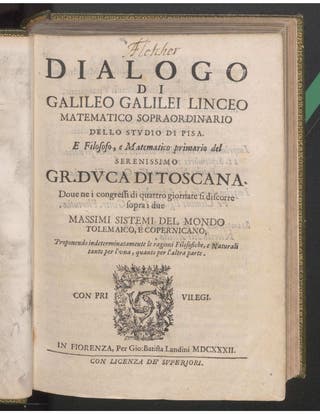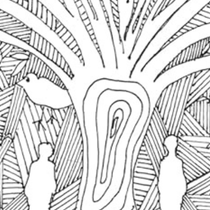Banned and Challenged Books from the Shelves of the Linda Hall Library
Launched in 1982 in response to a surge in book challenges and bans, Banned Books Week educates the public about the dangers of censorship. Yet, the history of book censorship extends back centuries, as evidenced by the titles on this list, which represent a few examples of books from the Linda Hall Library that have been challenged or banned throughout history.
Nicolaus Copernicus
De Revolvtionibvs Orbium Coelestium
Norimbergæ, 1543
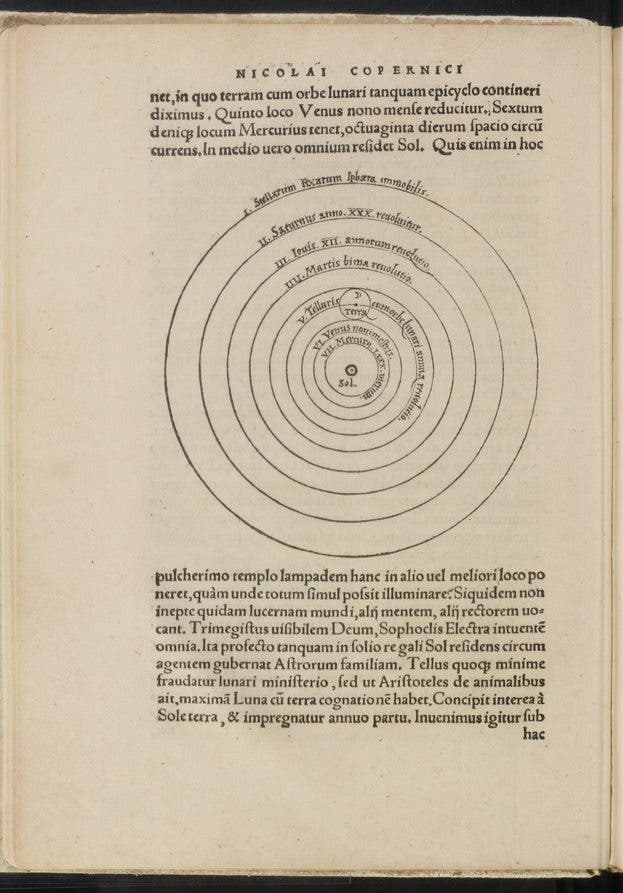
Nicolaus Copernicus, De Revolvtionibvs Orbium Coelestium, Norimbergæ, 1543 (Linda Hall Library)
Translated as "On the Revolutions of the Heavenly Spheres," this book describes Copernicus' revolutionary theory of a heliocentric (sun-centered) universe. At the time of publication, this theory went against the widely accepted Ptolemaic theory with Earth at the center of the universe, which was accepted as a fact since the 2nd century C.E. Initially well-received and widely read, it was only later listed as a prohibited book. Today we remember it as one of the most important publications in human history.
Galileo Galilei
Dialogo di Galileo Galilei Linceo matematico sopraordinario dello studio di Pisa
Florence, 1632
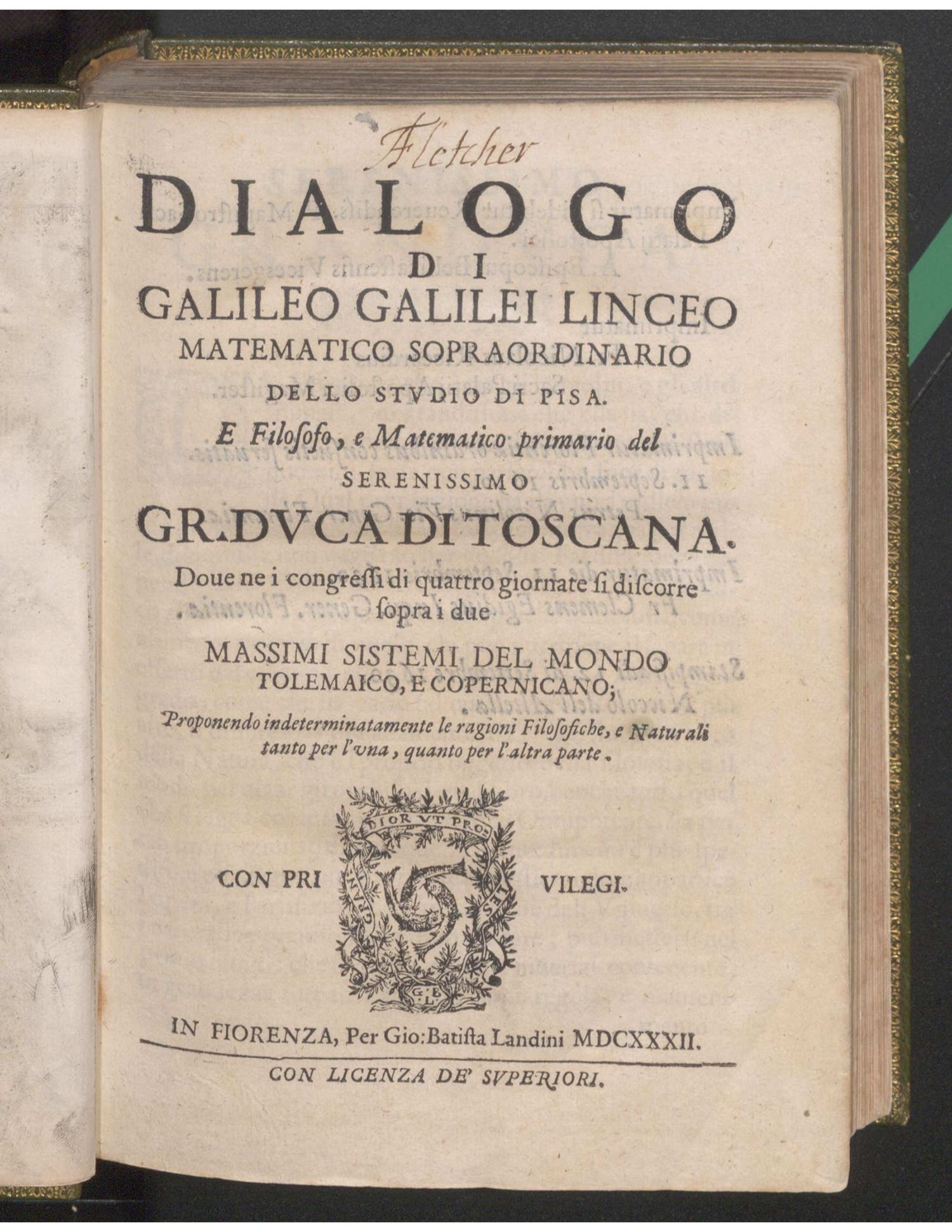
Galileo Galilei, Dialogo di Galileo Galilei Linceo matematico sopraordinario dello studio di Pisa, Florence, 1632 (Linda Hall Library)
Galileo's Dialogue Concerning the Two Chief World Systems defended Copernicus' heliocentric theory, contradicting the Catholic Church's Earth-centric belief. Galileo had previously published defenses of heliocentrism and had been warned by the church to cease doing so. Nevertheless, he proceeded to publish the Dialogue, which angered Jesuit leaders, and subsequently the Pope. As a result, the book was listed on the Roman Index of Prohibited Books in 1633 and Galileo was placed under house arrest for the remainder of his life.
Charles Darwin
On the Origin of Species
London, 1859
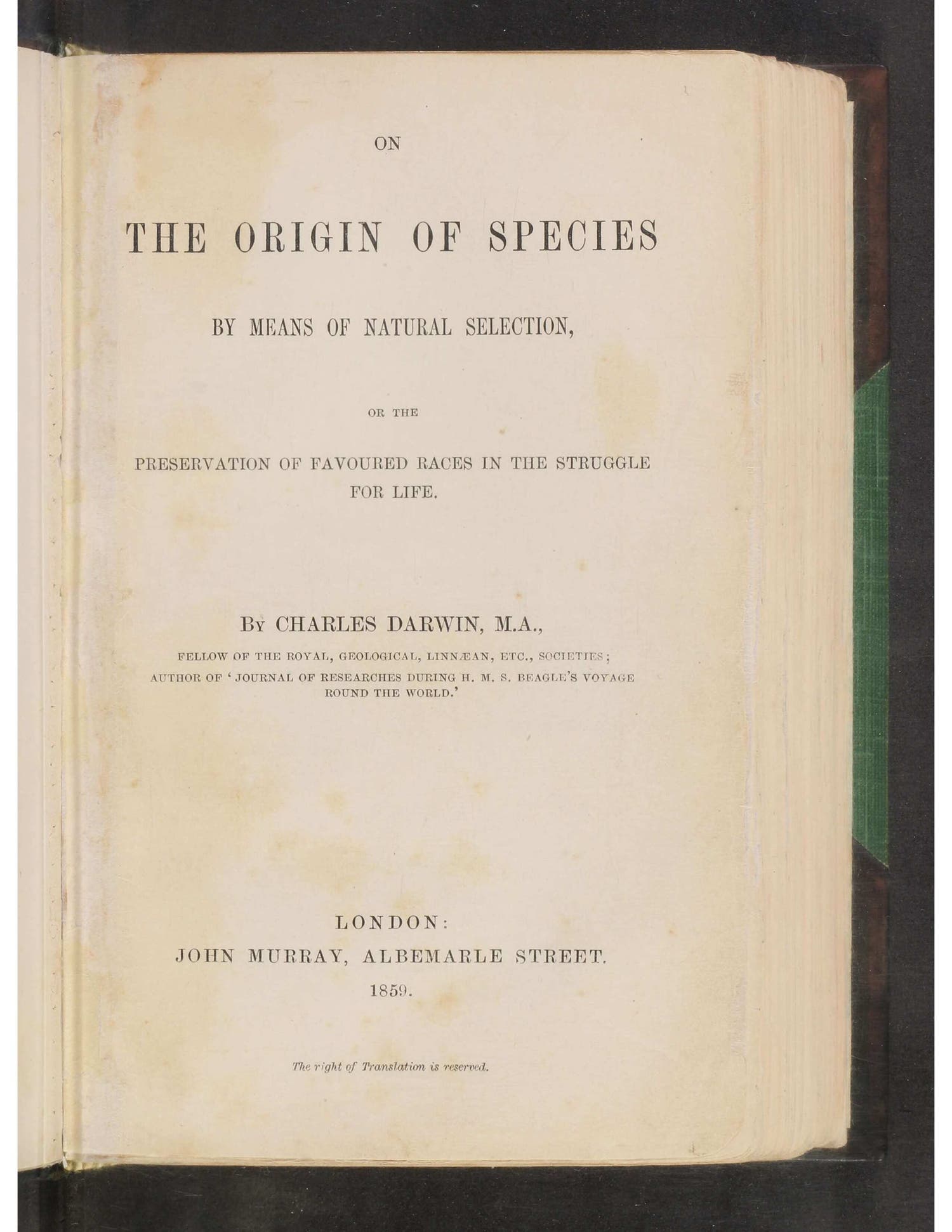
Charles Darwin, On the Origin of Species, London, 1859 (Linda Hall Library)
Darwin's foundational work on evolutionary biology, On the Origin of Species, introduced the concepts of natural selection and speciation. This groundbreaking text was initially banned for contradicting Christian beliefs at Darwin's alma mater, Trinity College, Cambridge in 1895, and later in Tennessee (1925-1967), Yugoslavia (1935), and Greece (1937).
Albert Einstein
Relativity; The Special and General Theory
New York, 1921
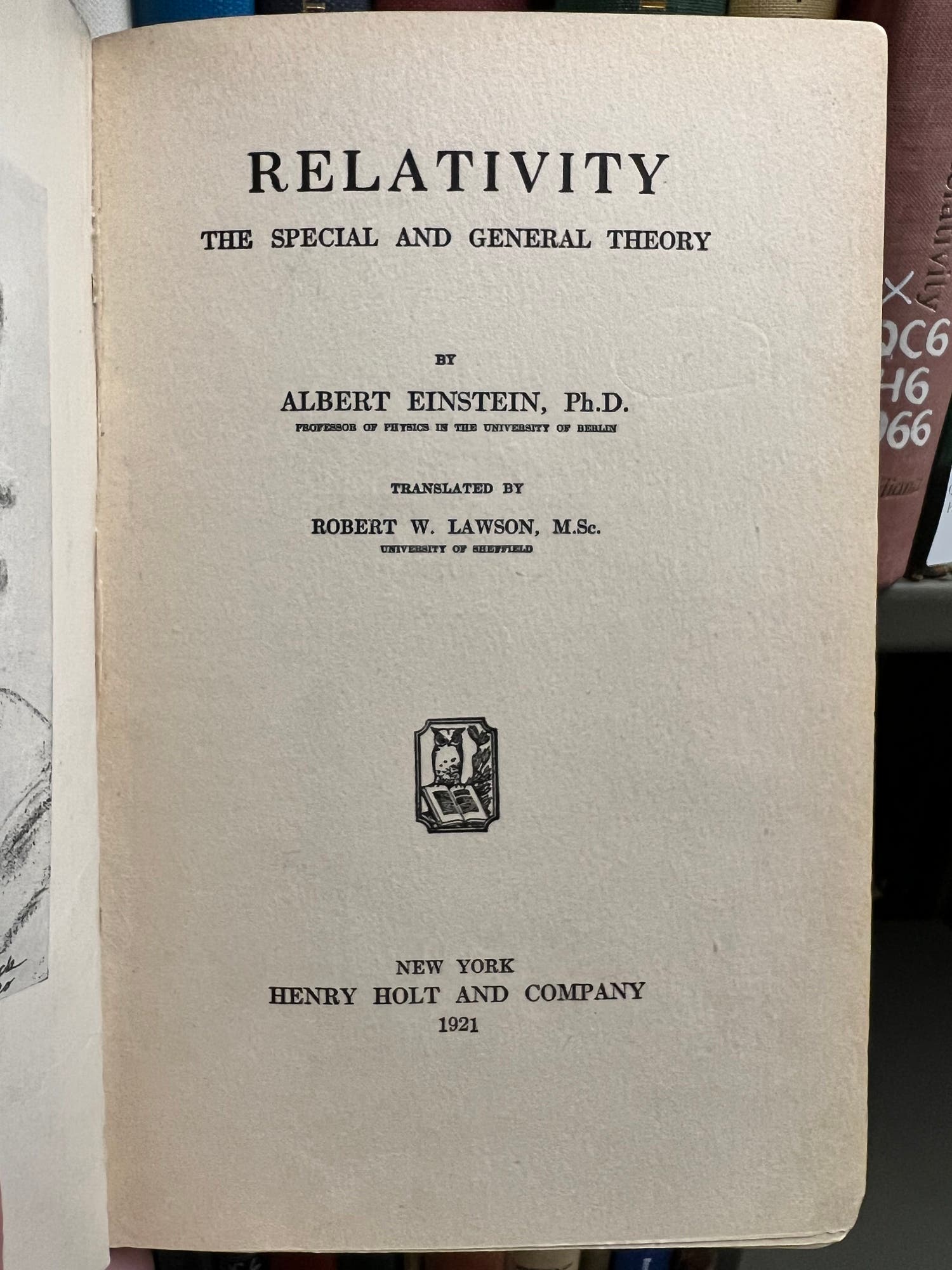
Albert Einstein, Relativity; The Special and General Theory, New York, 1921 (Linda Hall Library)
Shortly after Adolf Hitler assumed power in 1933, Albert Einstein began publicly criticizing the Nazi regime. In response, the German media attacked him, provoking public burnings of his published works in Berlin. Subsequently, all of Einstein's work was banned in Germany, and later in Austria after it was annexed by Nazi Germany in 1938.
Rachel Carson
Silent Spring
Boston, 1962
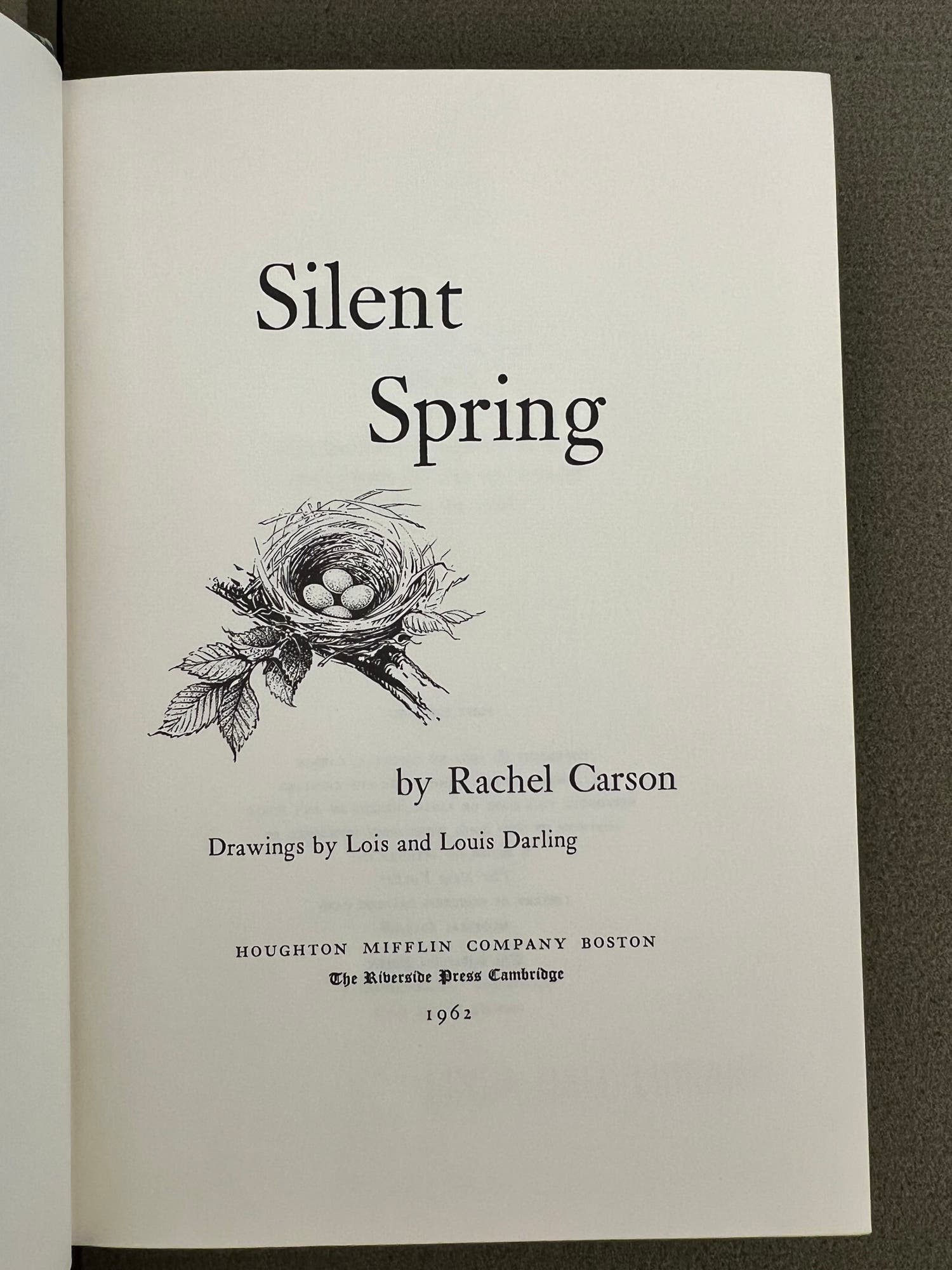
Rachel Carson, Silent Spring, Boston, 1962 (Linda Hall Library)
Despite not being formally banned, Rachel Carson's revolutionary work exposing the dangers of the pesticide DDT led to vehement personal and professional challenges against Carson and her publication. Chemical industry representatives and lobbyists sought to discredit Carson by accusing her of hysteria, emotionality, radicalism, and unscientific research.
George L. Hunt and Molly Warner Hunt
"Female-Female Pairing in Western Gulls (Larus occidentalis) in Southern California"
Science, 1977
v.196:no:4297:pg.1466-1467
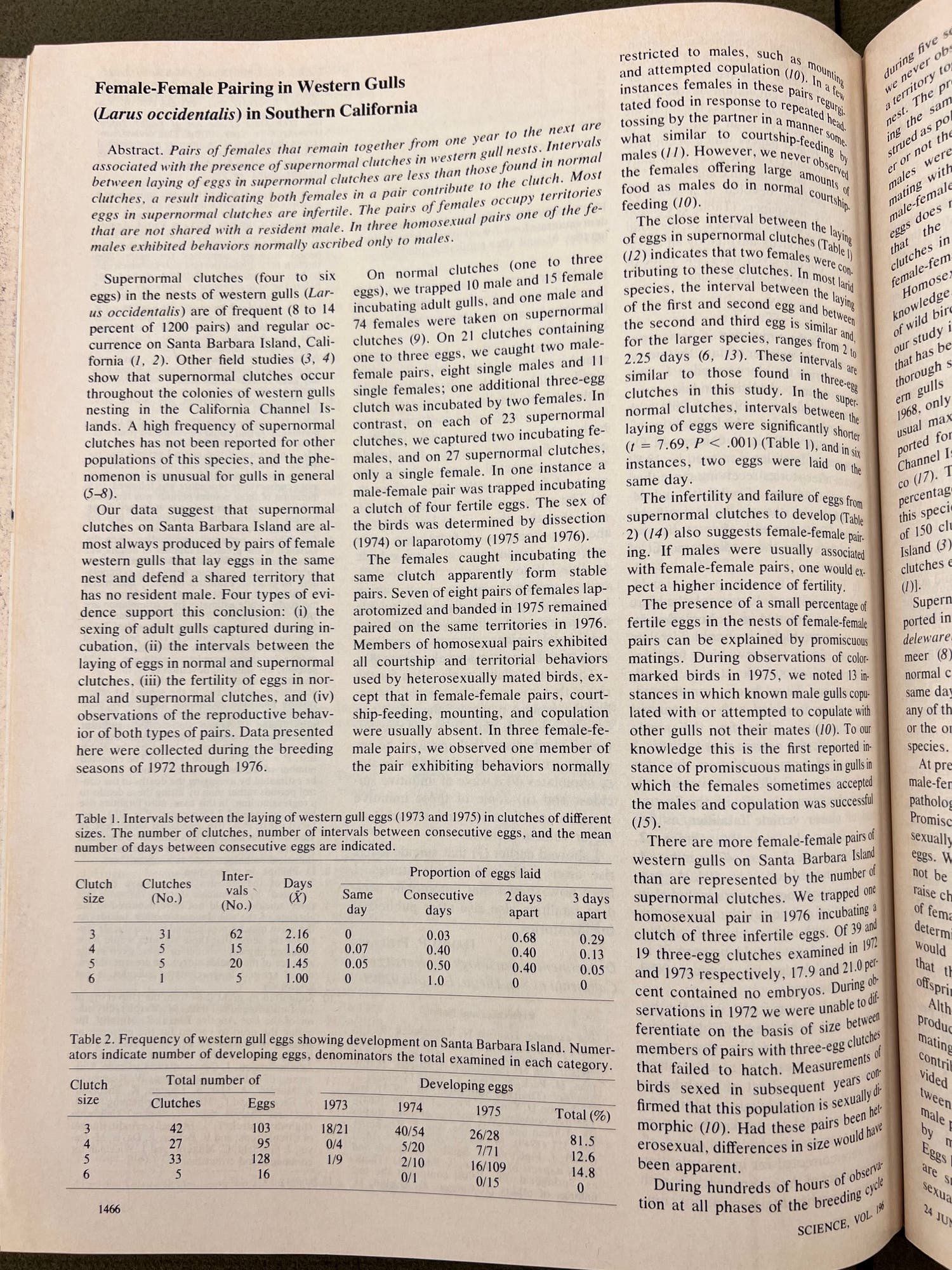
George L. Hunt and Molly Warner Hunt, "Female-Female Pairing in Western Gulls (Larus occidentalis) in Southern California", Science, 1977, v.196:no:4297:pg.1466-1467 (Linda Hall Library)
In the 1970's scientists George and Molly Hunt conducted research on a nesting gull population off the coast of California. To their surprise, they found that approximately 14% of the nesting pairs were female-female. The Hunts published their findings in 1977, announcing the discovery of homosexual behavior in seagulls. Their study and its authors faced backlash, as many religious conservatives at the time argued that homosexuality was unnatural because it was not observed in nature. However, since this initial study, same-sex pairings and behaviors have been documented in hundreds of animal species.

